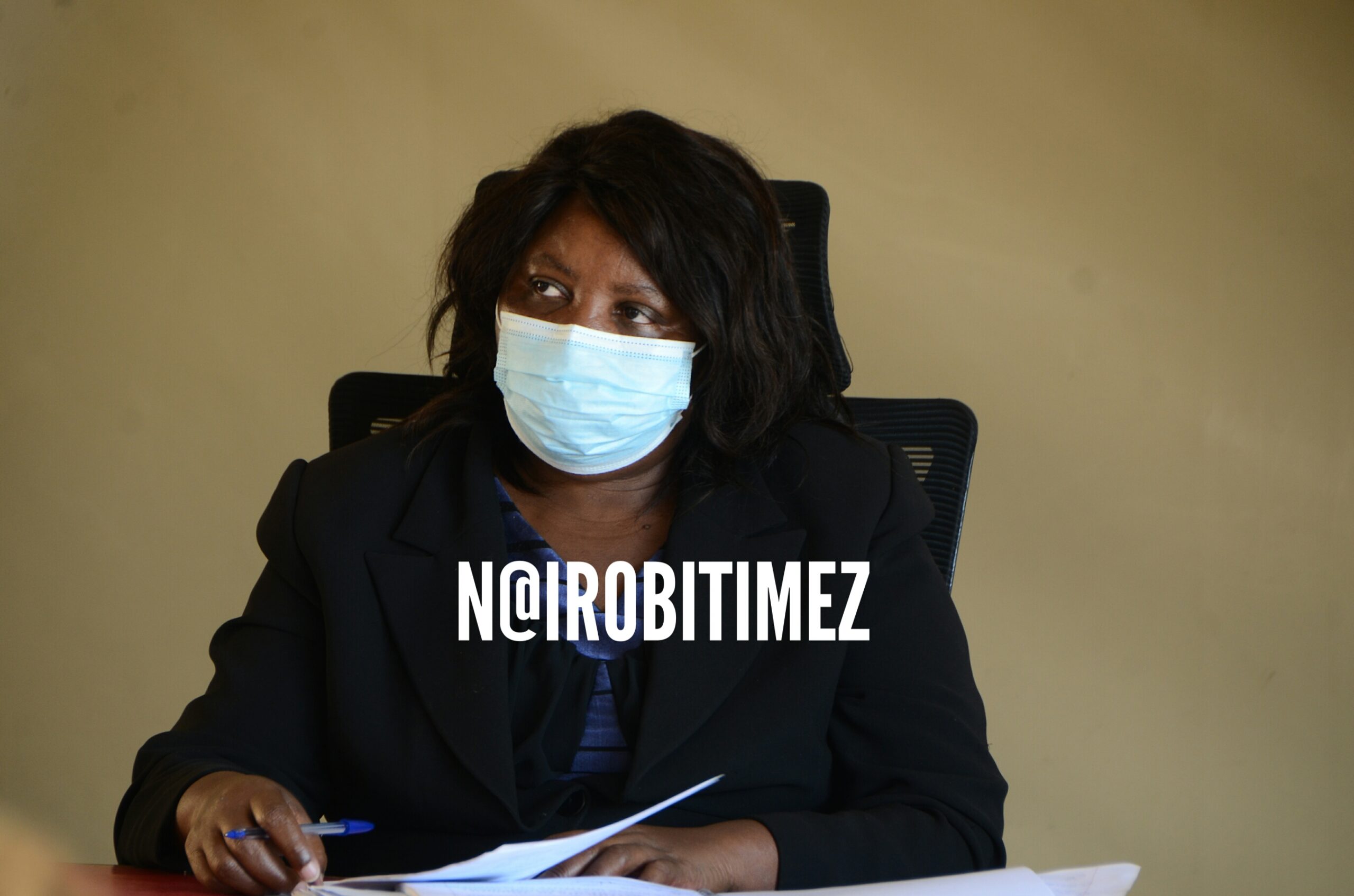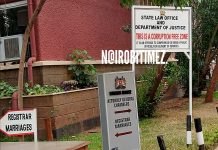BY SAM ALFAN.
A firm has been stopped from accessing over Sh2 billion in it’s bank account.
Lady Justice Esther Maina froze the Sh2.3 billion held in two accounts at Eco Bank belonging to KiwiPay Kenya Ltd, an online payment platform.
The firm was registered in the country two years ago, and will be required to defend the source of the funds.
The high Court granted the orders in an application filed by Assets Recovery Agency (ARA) which claims it is a proceed of crime.
ARA told court that the money maybe part of an international syndicate involving debit card related fraud.
The company’s directors have been stopped from withdrawing or transferring the funds for a period of 90 days as ARA continues with the probe as to the source of the money.
“It is hereby ordered that preservation orders be and are hereby issued prohibiting the Respondent(Kiwipay) or its representatives, employees, agents, servant or any other persons acting on its behalf from transacting, withdrawing, transferring or dealing in any manner however in respect of funds held in the following account USD 18,381,118.9 and USD 1,100,000 held in two account at Eco Bank Kenya Ltd in the name of Kiwipay Kenya ltd”, directed Judge Maina.
The Judge said the orders shall subsist for a period of 90 days as provided in section 84 of Proceeds of Crime and Anti-Money Laundering Act.
This is after Assets Recovery Agency filed an application seeking to preserve the said billions pending forfeiture application. If the company fails to prove the source of the billions beyond reasonable doubts, the money will be forfeited to the Kenya Government.
ARA urged the court saying there was imminent risk that the funds might be transfered to other destinations if the court does not issue the orders sought.
“That there is imminent risk that the funds held in the specified bank accounts in the sum of USD 19,481,118.9 may be withdrawn, transferred and or dissipated if the preservation orders are not granted and this would greatly prejudice the ongoing investigations into money laundering and the tracing, identification and recovery of proceeds of crime,” the agency said.
The billions in six bank accounts in Equity Bank and UBA Bank were frozen by the High Court after the Assets Recovery Agency (ARA) applied to block the transfer or removal of the funds, pending the filing of a petition to forfeit the money to the government.
The ARA says in the latest petition that KiwiPay was registered in June 2020 and the millions were wired to two bank accounts at Eco Bank. Both accounts hold a total of US $19.48 million, which the agency suspects to be proceeds of crime.
The money was initially frozen by a magistrate court in May for a 45 days but the owners pleaded with the court and were allowed to withdraw Sh15 million on June 7. The agency moved to the High Court pointing out that the freeze order was due to expire on June 27.
The agency says it suspects that the company is involved in money laundering scheme, sent from foreign countries.
ARA investigating officer Sautet Jeremiah told the Anti-Corruption court that Kiwipay Kenya ltd is suspected to be part of transnational syndicate involved in complex money laundering schemes with operations in multiple foreign jurisdictions.
The court heard that the preliminary investigations has revealed that the company is not licensed by the Central Bank of Kenya to operate the business they are engaged under the provisions of the National Payment System Act, Act No. 39 of 2011.
“There are reasonable grounds to suspect that the funds held into two bank accounts at EcoBank Kenya Ltd in the name of the respondent (Kiwipay Kenya ltd) are illicit funds in which the respondent is involved in a money laundering scheme designed to conceal, disguise the nature ,source location and movement of funds”, Sautet told the court.
In the court documents, ARA adds that preliminary analysis and investigations of the documents received from Eco Bank Kenya has revealed that the respondent’s financial transactions have been queried by VISA on suspicion that the funds received in it’s accounts might be as a result of illegal gambling activities or card fraud.







